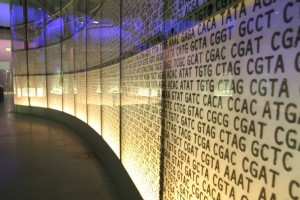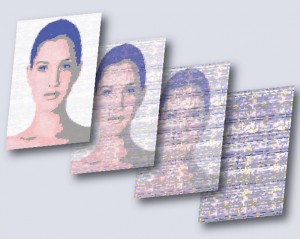Enter your address to receive notifications about new posts to your email.
Articles tagged Human Disease
(94 results)
-
Clarity within the complexity of human breast cancer
With about 1 in 8 women in the United States expected to develop breast cancer in their lifetime, breast cancer remains the most common malignancy in women. Though heavily studied, its complexity creates significant challenges to diagnosis, prognosis, and treatment. One of the major problems is that causal DNA mutations of the disease vary from…
-
Looking for cancer’s weak spots
The mutations that drive cancer formation are often found in “hub” genes that regulate many aspects of cell growth and survival. But these key genes are not always good therapeutic targets — some are even considered “undruggable.” In the latest issue of GENETICS, Bailey et al. identify a strategy for fighting cancer cells that carry…
-
New Faculty Profile: Clement Chow
New Faculty Profiles showcase GSA members who are establishing their first independent labs. If you’d like to be considered for a profile, please complete this form on the GSA website. Clement Chow Assistant Professor Department of Human Genetics University of Utah School of Medicine Lab website Personal Twitter: @ClementYChow Lab Twitter: @ChowLab Research program:…
-
The Fly as a Tool to Fight Neurodegenerative Disease
The effects of neurodegenerative diseases can be devastating for patients and their families. In 2007, the United Nations stated that 1 in 6 people in the world are affected by neurological disorders including diseases like Huntington’s, Alzheimer’s, and amyotrophic lateral sclerosis (ALS). With over 600 characterized neurological disorders yet very few treatments, it is imperative…
-
GSA member Jason Sheltzer receives NIH Director’s Early Independence Award
GSA member Jason Sheltzer joins Zhao Zhang as one of 16 recipients of the NIH Director’s Early Independence Award for 2015. Established in 2011, the Early Independence Awards program provides an opportunity for exceptional junior scientists who have recently received their doctoral degree or finished medical residency to skip traditional post-doctoral training and move immediately into independent research positions. In…
-
Conversations in Genetics talks with Mary-Claire King
The Conversations in Genetics project, led by former GSA President Rochelle Easton Esposito, has a new in-depth interview of Mary-Claire King by Evan Eichler. As described in the video “Talking with Mary-Claire King,” Dr. King is American Cancer Society Professor of Genome Sciences and Medicine at the University of Washington in Seattle. Her innovative studies of human genetics…
-
Scrutiny on fetal tissue impacts research community
The use of fetal tissue has drawn increasing public scrutiny in recent weeks as a result of secret video recordings involving the Planned Parenthood Federation of America. Getting less attention is how fetal cells can be essential research tools. A story on NPR’s Morning Edition this morning focused on the research and clinical applications of fetal cells,…
-
Geneticist John Novembre named MacArthur “Genius”
GSA is proud to congratulate GENETICS author John Novembre, who was recently named a 2015 MacArthur Fellow or “MacArthur Genius.” Novembre is a computational biologist whose research focuses on understanding human evolutionary history. His research findings have improved the field’s knowledge of human migratory patterns and demonstrated a correlation between shared ancestral geography and genetic similarity among Europeans. These…
-
Speeding up PCD diagnosis with whole-exome sequencing
Primary ciliary dyskinesia (PCD) is a disorder characterized by chronic respiratory distress that has a history of going undiagnosed. Combined whole-exome sequencing (WES) and copy-number variant (CNV) analysis can aid in diagnosing patients with PCD, according to research published in G3 this month. PCD arises from mutations in cilia-associated genes—and results from the paralysis of…
-
Turning spit and data into treasure
By the time President Obama announced the Precision Medicine Initiative in January 2015, the Genetic Epidemiology Research on Adult Health and Aging (GERA) cohort was already a trailblazing example of this new approach to medical research. GERA is a group of more than 100,000 members of the Kaiser Permanente Medical Care Plan who consented to…
-
Thousands of BRCA1 variants tested by deep mutational scanning
Patients seeking certainty in genetic tests, such as tests for inherited susceptibility to cancer, often receive a perplexing result. Many people learn they carry a “variant of unknown significance” of a disease-linked gene. Such variants might—or equally might not—increase disease risk. In the latest issue of GENETICS, Starita et al. characterized nearly 2000 variants of…

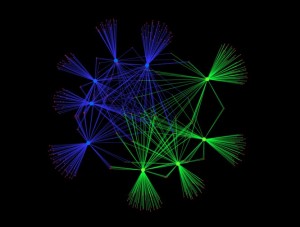


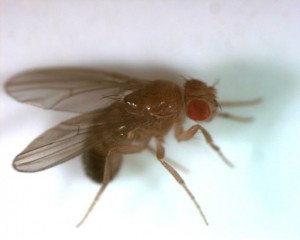
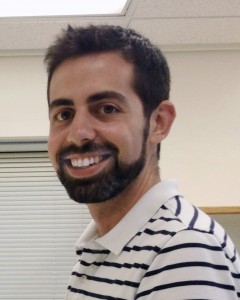
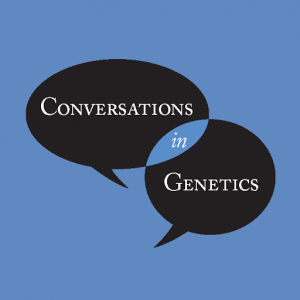
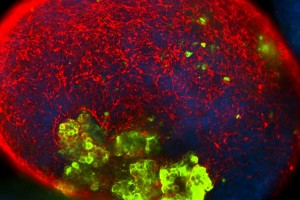
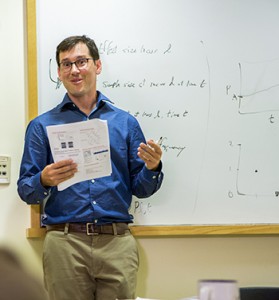
![By Louisa Howard, Michael Binder [Public domain], via Wikimedia Commons" width="666" height="532" />](https://s36063.pcdn.co/wp-content/uploads/2015/09/Bronchiolar_area_cilia_cross-sections_1-300x240-300x240.jpg)
